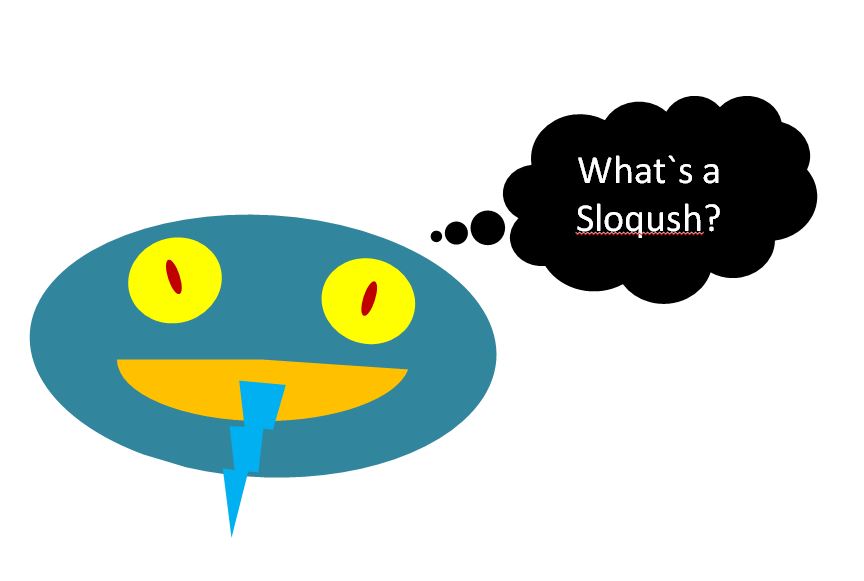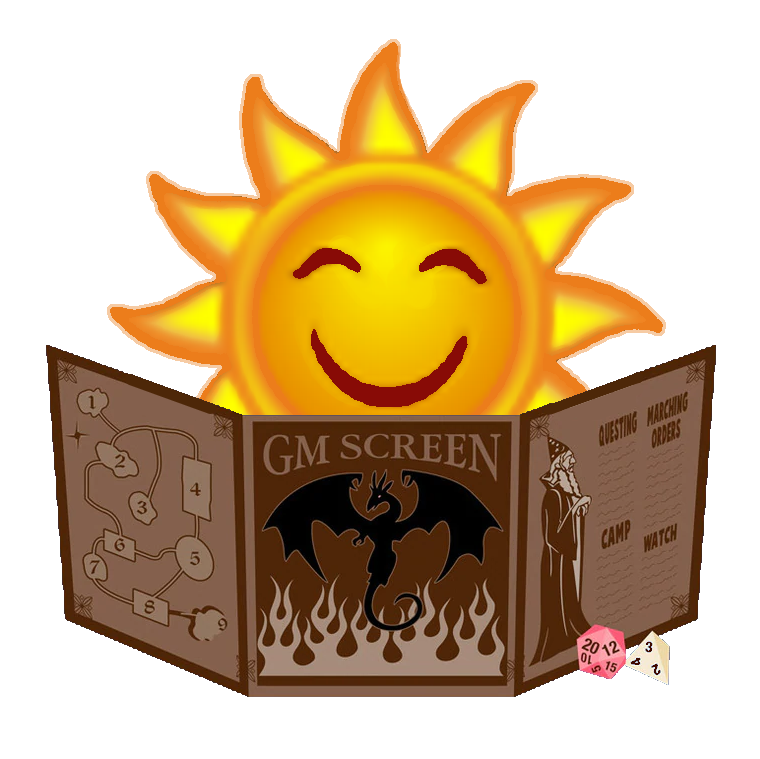Naming Things In Fiction
Hello everyone!I kind of hate naming things when I'm working on something, and love it at the same time. When I can't figure out what something should be called, it's like slogging through mud to get started, like the thing I'm writing lacks some core identity. But when you figure out the perfect name, it adds some real fuel to the creative process. But like Jack London said, you can't wait for inspiration - you have to go after it. Below are some methods I've used to help get the juices flowing and come up with names.
What are some of your favorite ways of creating names for your stuff?
Method 1: The Title
Naming something after something else is an excellent way to create context for the reader. Their existing cultural knowledge and pop-culture trivia will allow them to make leaps and connections without being explicitly told. The Ogre is probably going to be a big guy, for instance. Finding the right word, one that sums up the high concept of your article, can be a great way to name your work in a way that communicates its meaning quickly and effectively. It works equally well for most things you might want to name and want something snappy for. Try to think about a single, evocative word that sums up the essence of your creation. It can tell a story all on its own, like how the town of Tombstone was named because its founder was told he'd find nothing but his tombstone out in the hills... And then he found silver.Examples:
The Hound (GoT)
The Citadel (Mass Effect)
The Shrike (Hyperion Cantos) Nexus (Exalted, many more)
Method 2: Thing+Thing , or Thing's Thing
A popular way of naming things is to just take two words and put them together: Black Water, Highrock, Summerset, Daggerfall, Mountain Eater, Dragon Tooth Gorge, and so on. The advantage of these kinds of names is that they are immediately recognizable and clear to readers. There's no conlang involved, just two words they already know. When putting something like this together, try to think of the two main things about it. For a city or region, it might be related to its geography, layout, or perhaps its most note-worthy landmarks: Highwall, Gridlock, Ember Valley, and so on. Some Examples: A variant is to name the thing after someone or some event. The King's Gate, Roanold's Folly, Mount Saint Celeste, Queen's Guard, or Mad Lad Hill... And so on. Even drunken bets or snippy comebacks (like Tombstone) are all time-honored traditions. In addition to being easily understandable, they can tell readers something about the world, too. If a place is nicknamed the Graveyard of Empires, maybe don't invade that place, for instance.Examples:
Storm's End (Game of Thrones)
Stormlight Archive (the book series)
Bauldur's Gate, Icewind Dale, Neverwinter, the Sword Coast (D&D!)
Method 3: Translation
Another way to come up with names is to approach them from a different language. Try translating a word you associate with whatever you are naming into different languages and see if anything ignites a spark. The goal here is not to just take a word in a different language and use that (though that works sometimes, too) but to see if it inspires you. Try taking whatever you get and change it up until it suits your world. Another benefit is that you can create a bit of linguistic similarity. If you use the same language(s) for all the cities in the nation of FantasyVille, there will be a similar feel to them. If you still aren't getting inspired enough, try translating the word into two different languages and smashing them together. This can lead to some fun and unexpected results that spark the imagination. Examples:Thalassira: A combination of "Thalassa" from Greek (sea) and "ira" from Latin (rage)
Qalbalaq: Combining "qalb" from Arabic (heart) and "lāq" from Mongolian (lake)
Solumar: Merging "sole" from Italian (sun) and "mar"
Method 4: Real Life
The world is full of wonders, and some of those wonders are also names. There are plenty of places or people that sound like they might as well fit into a fantasy novel. Like with translation, the idea is not to take a name and transport it directly but to use it as a source of inspiration. My personal favorite is Lagash and Ur.Example:
Cappadocia (makes me think of the Cappadocian from World of Darkness!)
Varanasi, India
Zadar, Croatia
General Naming Advice
Once you have many names ready to go, there are still some things to consider to get the most out of them.Avoid Repetition
Avoid having things start with the same letter, particularly if they inhabit the same space in the world. The more differences there are between the names, the easier it will be for players/readers to remember who's who and what's what.Ex.
Instead of having a scene with Bob, Bobby, and Bernard, try to have each person have a name that starts with a different letter. Bob, Lester, and Chet, for instance.







Great article filled with some great naming nuggets! Names are hard. Thanks, Q!
Explore Etrea
You're welcome and thank you :D
Creator of Araea, Megacorpolis, and many others.